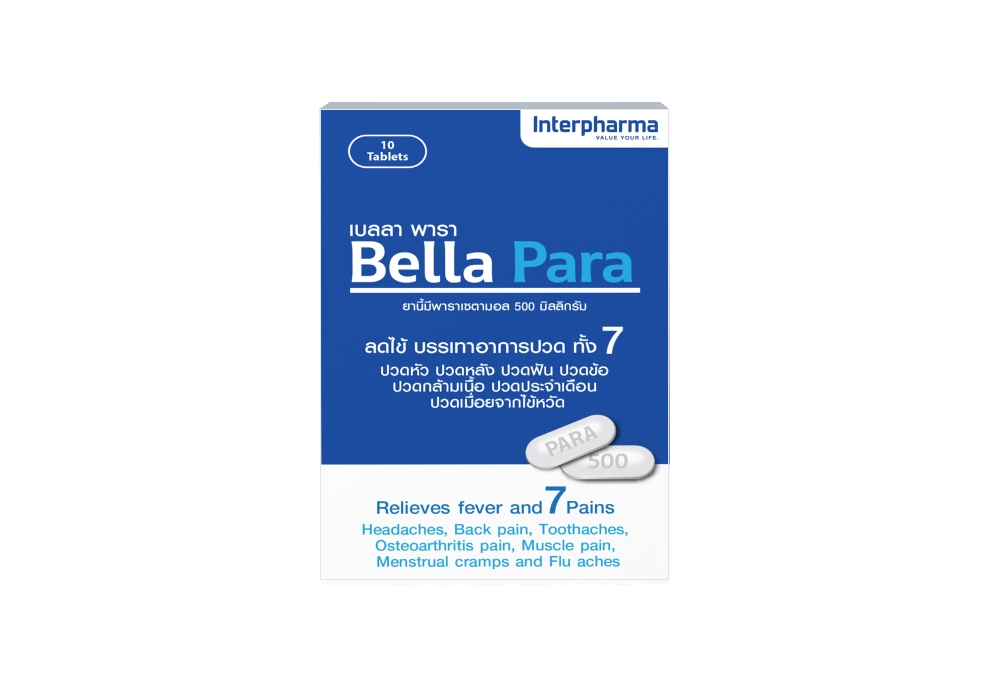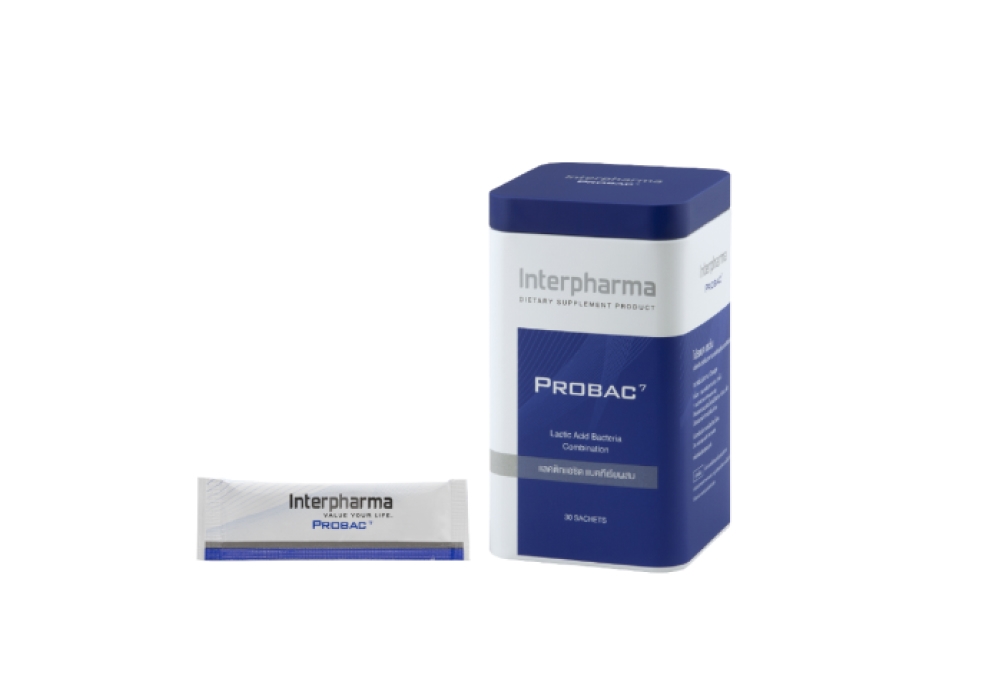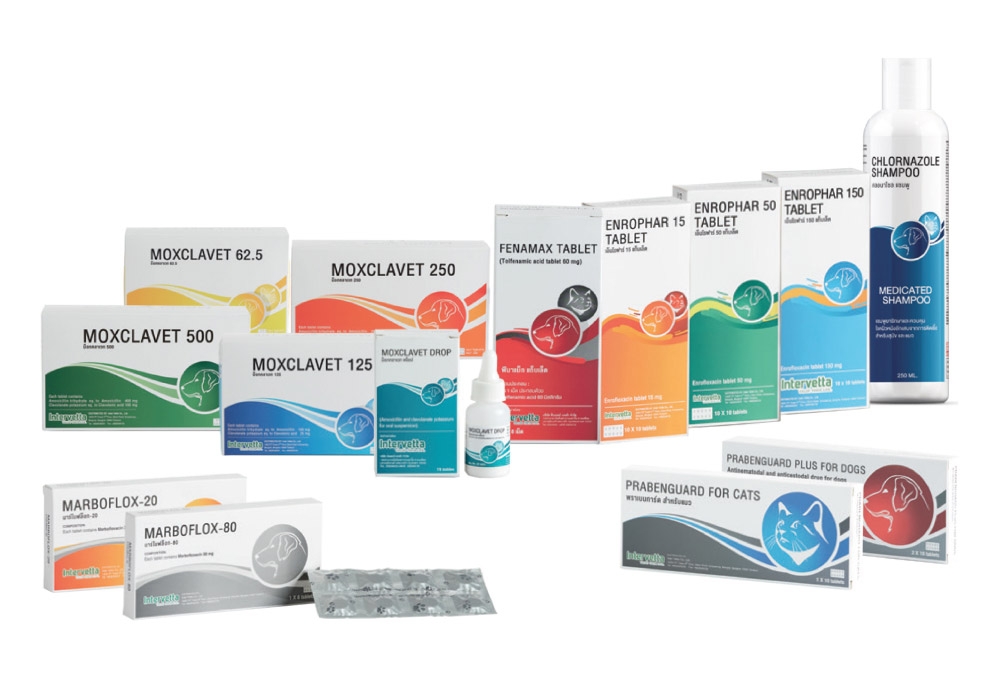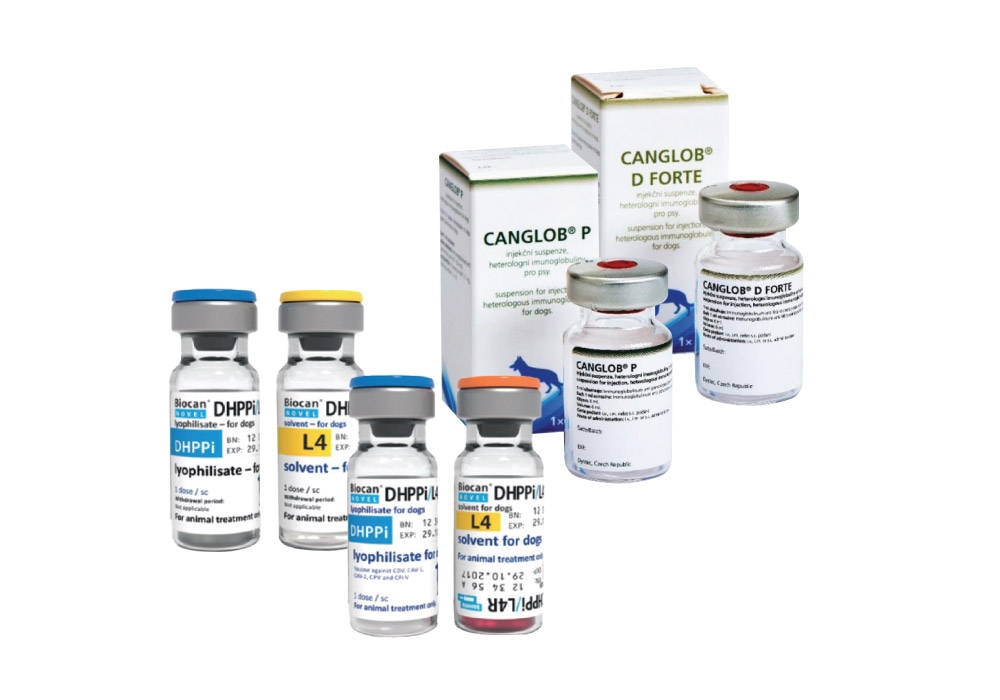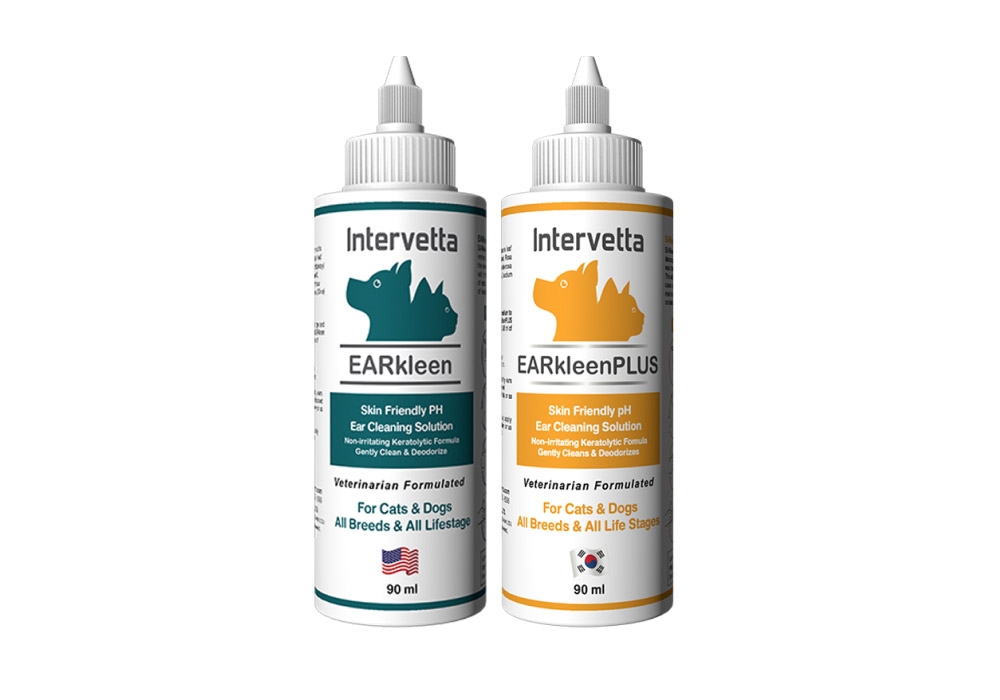Symptoms, Causes, and Treatments Parents Should Know

Attention-Deficit/Hyperactivity Disorder (ADHD)
Symptoms, Causes, and Treatments Parents Should Know
Attention-Deficit/Hyperactivity Disorder, or ADHD, is a common condition in children that affects their learning, behavior, and social adjustment. Understanding this disorder helps parents provide appropriate care and support, enabling their children to develop their full potential.
What is ADHD?
ADHD is a disorder that causes children to have difficulty controlling their behavior, struggle with sustained focus, and exhibit behaviors that are inappropriate for their age. It is a condition resulting from abnormal brain function, particularly in the areas that control attention, planning, and self-regulation. This neurological dysfunction causes children with ADHD to face challenges in learning, building relationships with peers, and following rules in daily life. However, with the right care, these children can learn and develop just like any other child.
ADHD Symptoms Parents Must Observe
Identifying ADHD symptoms early can lead to more effective treatment and care. The main symptoms include inattention, hyperactivity, and impulsivity, which manifest differently depending on each child's personality and environment.
Children with ADHD often have trouble maintaining focus on various activities, whether it's studying, playing, or doing chores. They may seem not to listen when spoken to, frequently lose things, forget daily routines, and avoid tasks that require sustained mental effort. At the same time, some children with ADHD exhibit hyperactive behavior, such as fidgeting with their hands and feet, running or climbing at inappropriate times, talking excessively, blurting out answers before questions are finished, and frequently interrupting others' conversations. These behaviors cause them to struggle with adapting to different environments.
Causes of ADHD
Understanding the causes of ADHD can help parents view their child with greater empathy and avoid blaming themselves or their child for behavioral issues. The causes of this disorder are multifaceted, involving genetic, environmental, and neurological factors.
- Genetic Factors
Genetics play a significant role in the development of ADHD. Children with parents or siblings who have the disorder are more likely to have it than the general population. This genetic transmission affects the function of brain chemicals, especially dopamine and norepinephrine, which are responsible for regulating attention and behavior.
- Environmental and External Factors
Environmental conditions during pregnancy and early childhood may contribute to the onset of ADHD symptoms. A mother's smoking or alcohol consumption during pregnancy, premature birth, and certain infections can increase the risk. Additionally, a stressful or unstable family environment may exacerbate the symptoms.
How to Treat ADHD
Current treatments for ADHD involve a variety of approaches, emphasizing an integrated method that combines behavioral modification, counseling, environmental adjustments, and, in some cases, medication. An effective treatment plan must be tailored to the specific needs of each individual child.
Behavioral and Environmental Adjustment
Creating a supportive learning environment is fundamental to caring for a child with ADHD. Establishing a clear schedule, breaking down tasks into smaller steps, providing rewards for good performance, and minimizing distractions can help the child better control their behavior. Parents should use clear and positive language while showing patience and understanding.
The Role of Psychobiotics in ADHD
Psychobiotics are an emerging health approach that is gaining attention for its potential to help children with ADHD. The term refers to beneficial microorganisms that support both physical and mental health. Balancing the gut microbiome may have a positive impact on a child's brain function and behavior. Consuming foods naturally rich in psychobiotics or taking supplements may help improve some symptoms, but it is important to consult a doctor before use.
Guidelines for Caring for a Child with ADHD at Home
Caring for a child with ADHD at home requires understanding, patience, and specific techniques to help them develop life skills. Parents must learn effective communication methods, create a suitable environment, and establish daily routines that foster stability.
A consistent routine helps a child with ADHD feel secure and able to predict what will happen next. Using timers, making to-do lists, and breaking large tasks into smaller ones can help the child achieve more success. Furthermore, offering encouragement and praise when the child does well will reinforce positive behavior.
Prevention and Long-Term Care
Although ADHD cannot be completely prevented, awareness and appropriate care can help children learn to manage their symptoms effectively. Cultivating good habits, regular exercise, adequate sleep, and a nutritious diet will support brain function. Parents should work collaboratively with a team of experts, including doctors, psychologists, and teachers, to create a suitable care plan for the child. Regular progress monitoring and adjusting the treatment plan as needed will help the child grow and reach their full potential.
Conclusion
ADHD is a manageable condition with the right understanding and care. The key lies in accepting the child's differences, creating a supportive living environment, and using an integrated treatment approach—including behavioral modification, physical and mental health care, and leveraging psychobiotics to promote overall well-being. With love, understanding, and continuous care, children with ADHD can learn, grow, and succeed in life just like their peers. The most important thing is to never give up and to consistently provide the support they need.
